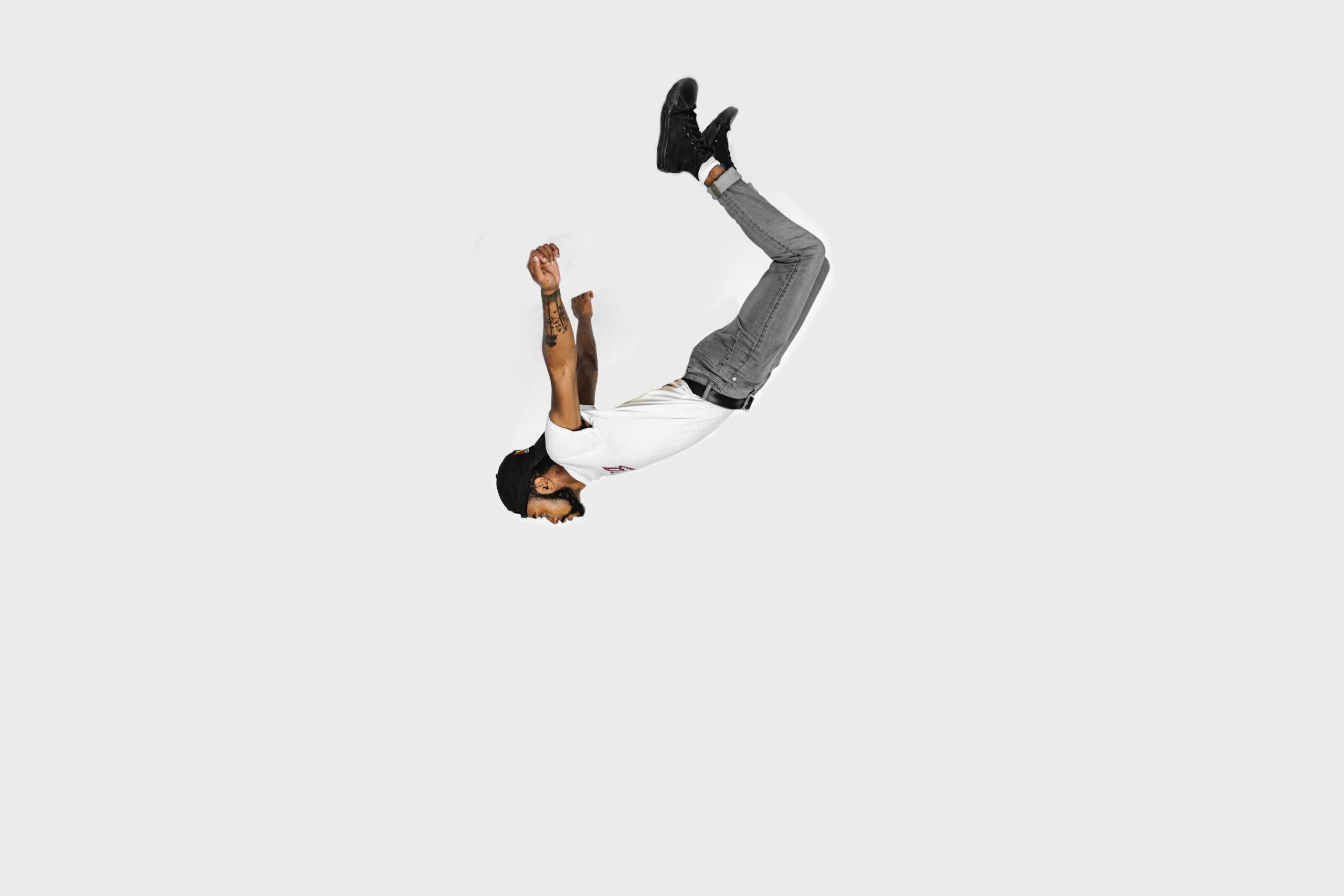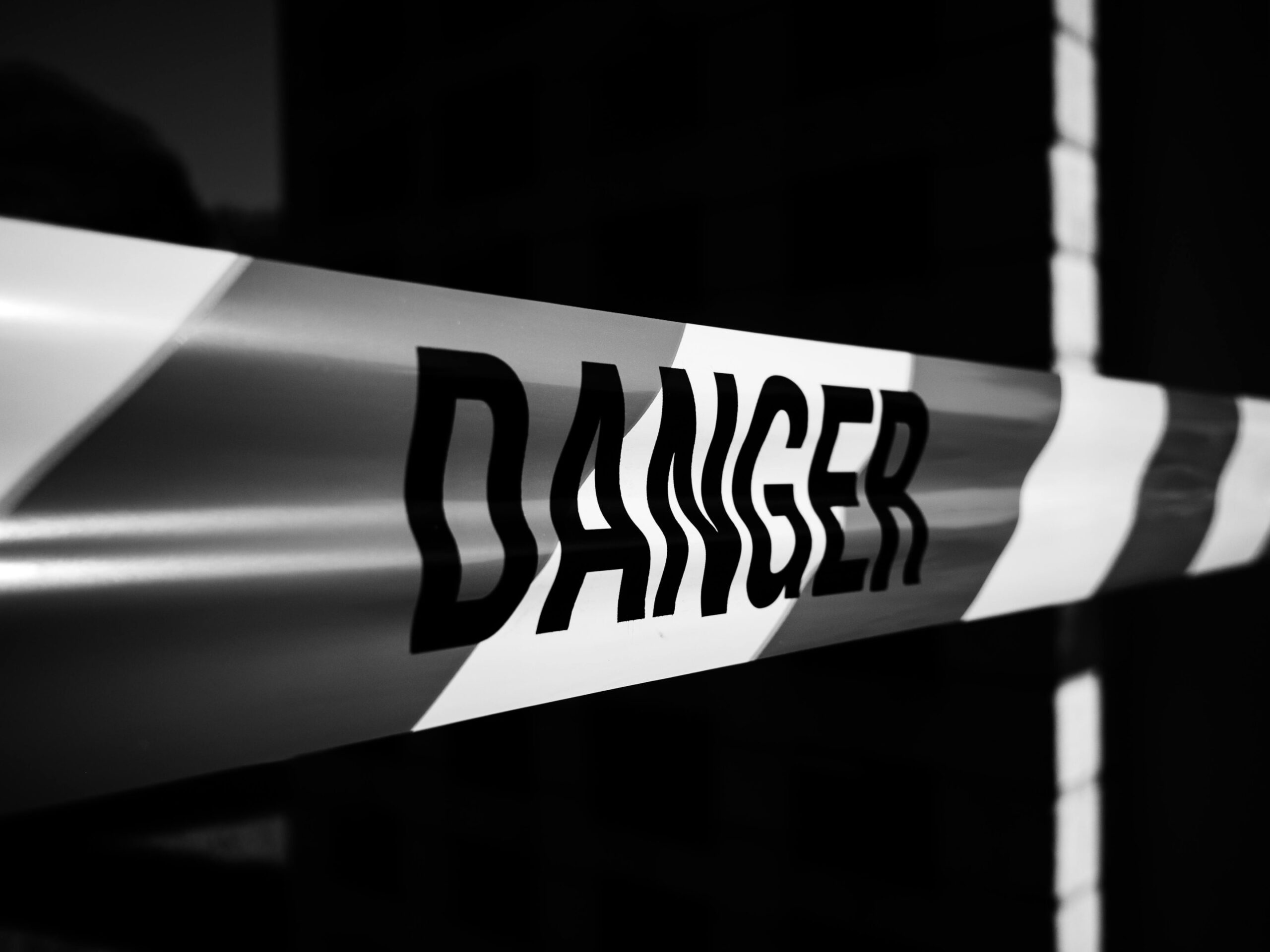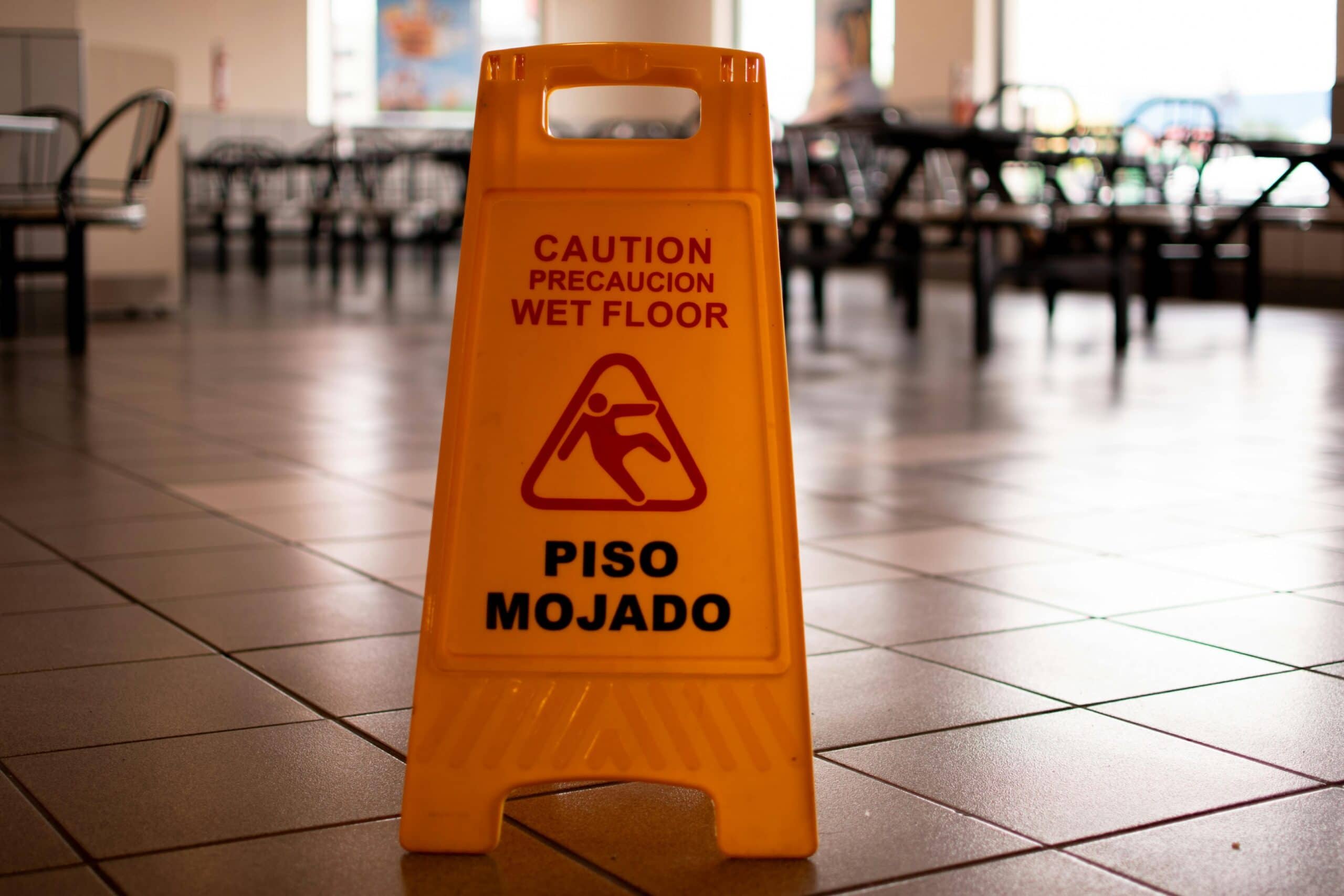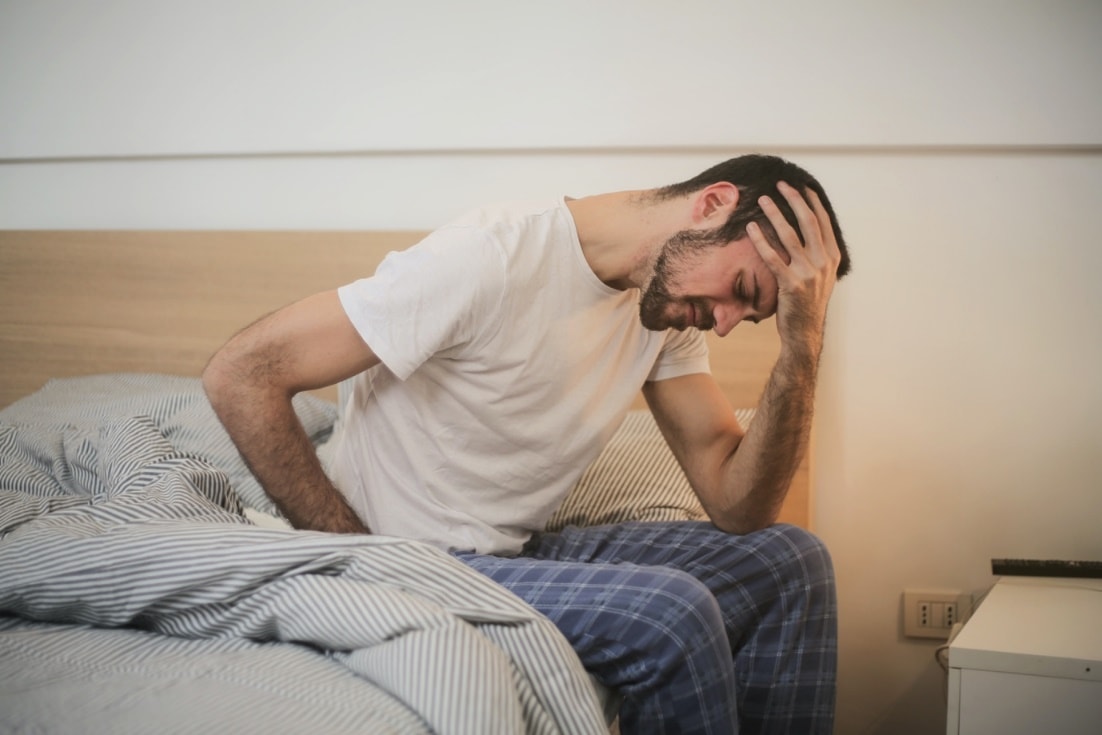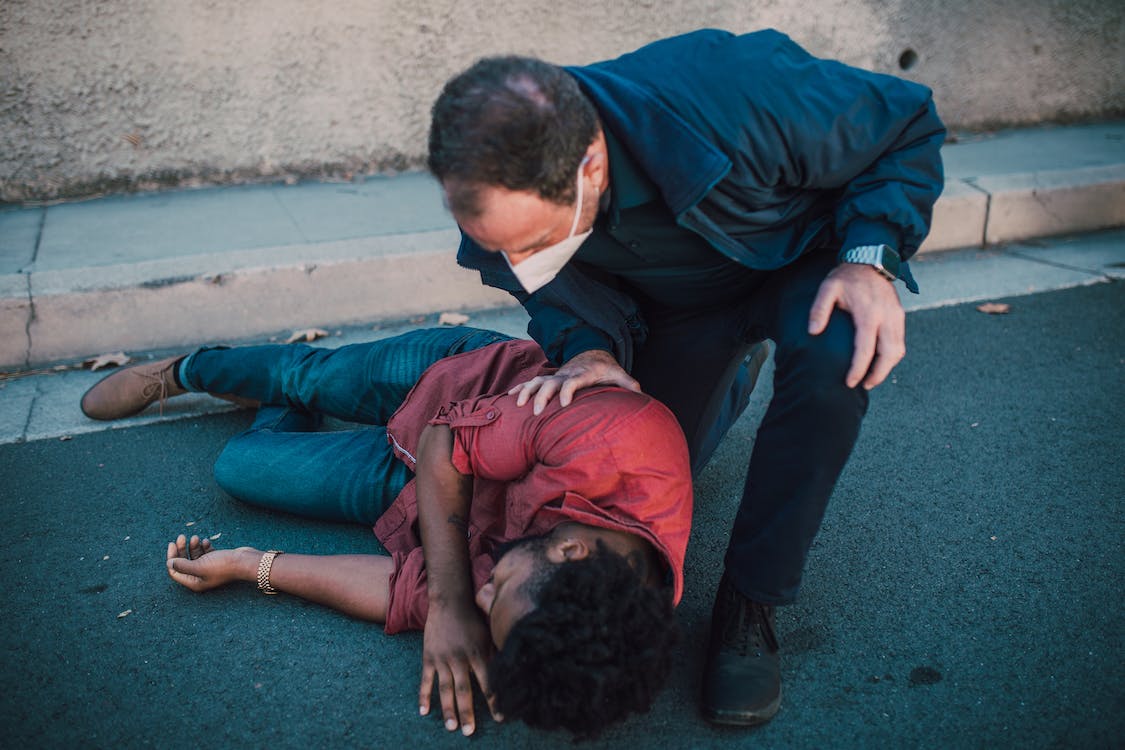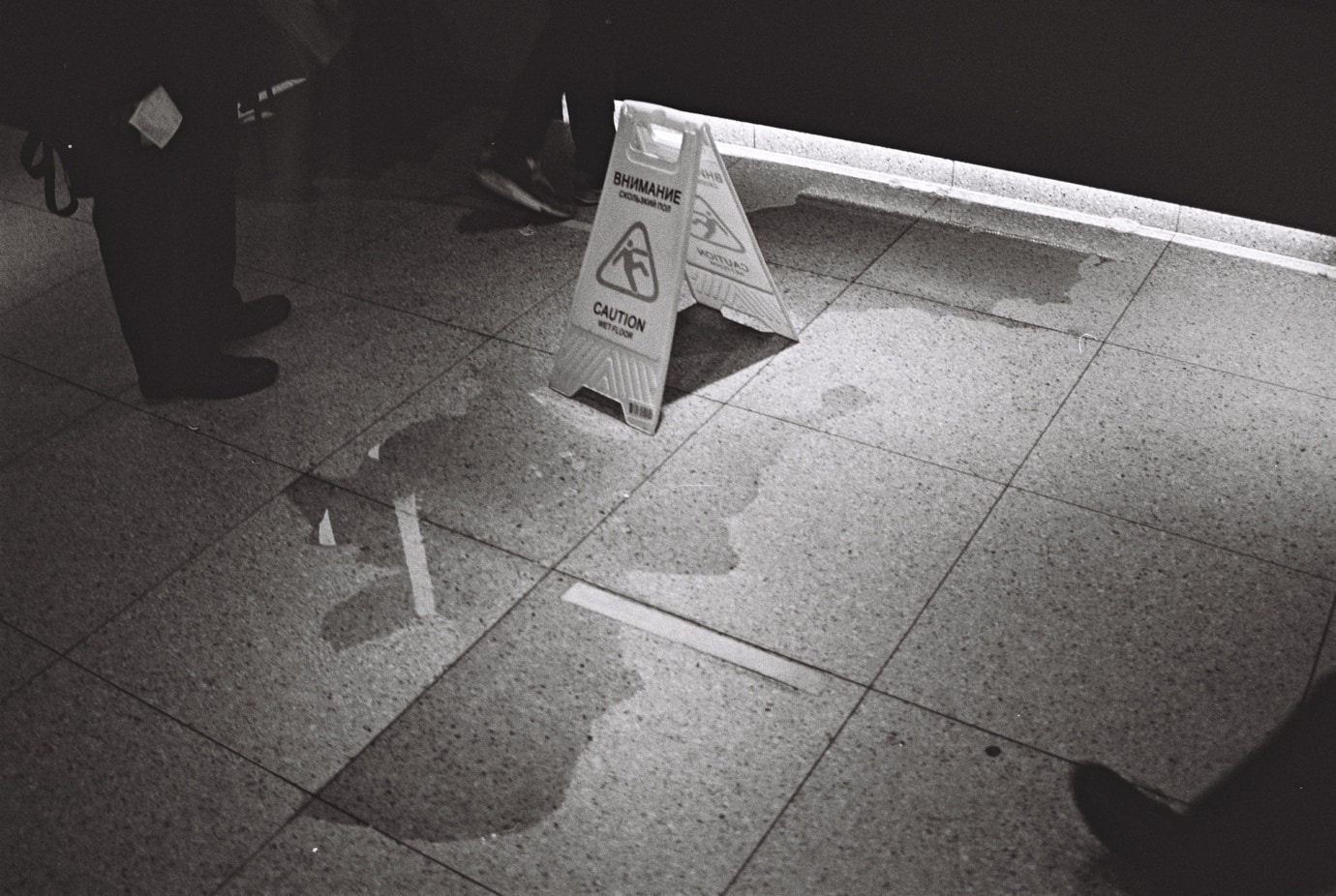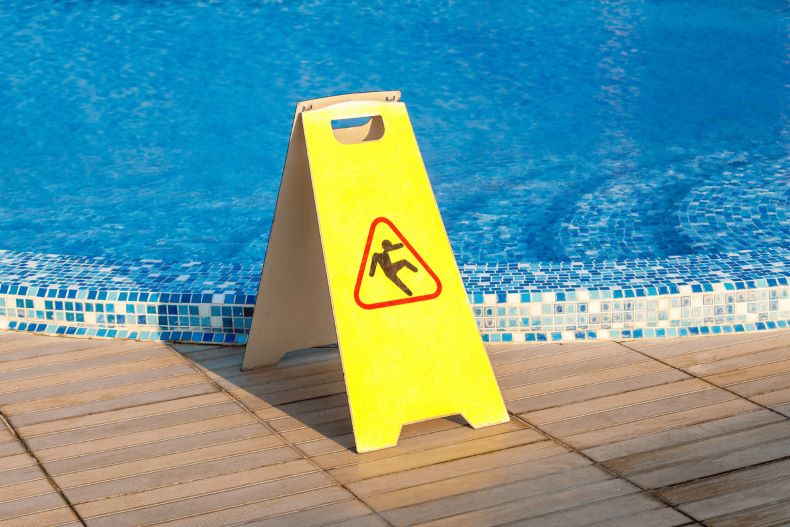
Swimming pools are synonymous with fun, relaxation, and relief from scorching summer heat. However, beneath the sparkling blue water lies the potential for accidents, particularly slip-and-fall incidents, which can turn a day of leisure into a nightmare. If you or a loved one has experienced a slip-and-fall accident at a swimming pool, it’s crucial to understand your rights and the legal recourse available to you.
Causes of Slip and Falls at Public Pools
Swimming pool slip-and-fall accidents can occur due to various factors, including:
Slippery Surfaces: Wet pool decks and poolside tiles lacking traction can lead to slips and falls.
Inadequate Maintenance: Neglected cleaning, broken or uneven tiles, and lack of upkeep contribute to accidents.
Poor Lighting and Visibility: Dim lighting and obstructed views increase the risk of accidents.
Lack of Warning Signs: Absence of cautionary signs fails to alert swimmers to potential hazards.
Overcrowding and Unsupervised Activities: Crowded conditions and unsupervised children can lead to accidents.
Weather Conditions: Rain or inclement weather exacerbate slippery surfaces around the pool.
Improper Footwear or Attire: Walking barefoot or wearing inadequate footwear increases the likelihood of slips and falls.
Who is Liable for a Swimming Pool Slip and Fall Accident?
Determining liability in a swimming pool slip-and-fall accident depends on various factors and legal principles. Typically, the following parties may be held liable:
Property Owner or Manager: The primary responsibility for maintaining a safe environment lies with the property owner or manager of the pool facility. They have a duty to regularly inspect the premises, address hazards, and implement safety measures to prevent accidents.
Maintenance Contractors: If a third-party maintenance contractor was responsible for maintaining the pool area and their negligence contributed to the accident, they may share liability.
Equipment Manufacturers: In cases where defective pool equipment or accessories caused the accident, the manufacturer or distributor of the faulty products could be held liable under product liability laws.
Other Negligent Parties: Individuals or entities whose negligent actions or omissions directly contributed to the accident may also share liability. This could include lifeguards, event organizers, or other visitors who created hazardous conditions.
Understanding Premises Liability
Premises liability refers to the legal responsibility of property owners to ensure that their premises are reasonably safe for visitors. This duty of care extends to swimming pool owners, requiring them to take reasonable steps to prevent foreseeable accidents and injuries on their property.
Types of Visitors and Their Legal Status
Understanding the legal status of visitors on the premises is crucial in determining liability in slip-and-fall cases:
Trespassers: Individuals who enter the property without permission. While property owners owe limited duty of care to trespassers, they must refrain from intentionally causing harm.
Patrons: Visitors who are invited or allowed onto the property for business purposes, such as paying customers at a public pool.
Guests on Private Property: Individuals invited onto the property for social reasons, such as friends or family members of the property owner.
Children Trespassers: Special considerations apply when children trespass onto the property, as property owners must take extra precautions to prevent harm to children who may be attracted to the pool area.
When Can Pool Owners be Held Liable for Slip and Falls?
Pool owners can be held liable for slip-and-fall accidents when they fail to fulfill their duty of care to maintain a safe environment for visitors. Several circumstances may lead to pool owners being held liable:
Negligence in Maintenance: Failure to maintain safe conditions, such as not cleaning slippery surfaces or repairing broken tiles, can lead to liability.
Lack of Warning Signs: Pool owners must warn visitors about hazards like wet floors or deep water; failing to do so can result in liability.
Non-compliance with Safety Regulations: Violating safety regulations or industry standards may lead to liability if a swimming pool accident occurs.
Inadequate Supervision: Pool owners can be liable for swimming pool accidents due to insufficient supervision, especially concerning children.
Failure to Address Hazards: Knowing about hazards but not taking action to mitigate them can result in liability for swimming pool injuries
Can You Sue for a Slip and Fall at a Public Pool?
Yes, you can sue for a slip-and-fall accident at a public pool if negligence on the part of the pool owner or manager contributed to the incident. It’s essential to consult with experienced personal injury attorneys who can assess the circumstances of your case and advise you on the best course of action.
Swimming Pool Slip-and-Fall Injury Claims
Injuries resulting from swimming pool slip-and-fall accidents can range from minor bruises to severe trauma, including broken bones, head injuries, spinal cord injuries, or even wrongful death.
Steps to File a Personal Injury Claim
Filing a personal injury claim involves several key steps to ensure that you pursue compensation for your slip and fall injuries effectively. Here’s a general guide on how to file a personal injury claim:
Seek Medical Attention: Get medical help for your injuries promptly and follow your treatment plan.
Gather Evidence: Collect evidence like photos, witness statements, and medical records related to the accident and your injuries.
Notify Responsible Parties: Inform the person or entity responsible for your injuries in writing that you intend to file a claim.
Consult with an Attorney: Consider hiring a personal injury attorney who can guide you through the process and evaluate your slip and fall case.
File a Claim with Insurance: Submit a claim to the responsible party’s insurance company with all relevant information and documentation.
Negotiate Settlement: Work with your attorney to negotiate a fair settlement with the insurance company.
Consider Litigation: If needed, your attorney may advise filing a lawsuit and proceeding to trial.
Attend Mediation/Settlement Conference: Attempt to resolve the case through mediation or settlement conferences before trial.
Trial: If necessary, present your case before a judge and/or jury at trial.
Receive Compensation: If successful, receive compensation for your serious injuries and damages.
Pool Safety and Preventing Accidents
To prevent swimming pool slip-and-fall accidents, pool owners should prioritize safety measures such as:
Regular maintenance of pool surfaces and surrounding areas
Installing slip-resistant materials on pool decks
Providing adequate lighting and signage
Implementing safety protocols for pool equipment and accessories
Enforcing rules to prevent hazardous behavior, such as running or diving in shallow water
Conducting regular inspections to identify and address potential hazards
How an Attorney Can Help You in a Swimming Pool Slip-and-Fall Accident Case
Suffering a slip-and-fall accident at a swimming pool can be a traumatic experience, leading to physical injuries, emotional distress, and financial burdens. In such challenging times, seeking the assistance of a skilled attorney can be invaluable. Here’s how an attorney can help you navigate through the complexities of a swimming pool slip-and-fall accident case:
Legal Guidance: Attorneys provide expert guidance, offering insights into your legal rights and options within the complex framework of premises liability laws.
Investigation: They conduct thorough investigations, gather evidence, and assess the strength of your claim.
Establishing Liability: Attorneys work to prove negligence on the part of the property owner or other parties involved.
Negotiation: They handle communication with insurance companies to ensure fair compensation for your injuries and damages.
Maximizing Compensation: Attorneys advocate for maximum compensation, covering medical expenses, lost wages, and other losses.
Litigation Representation: If necessary, they represent you in court, presenting your case and arguing on your behalf.
Support and Guidance: Attorneys provide compassionate support, answering your questions and keeping you informed throughout the legal process.
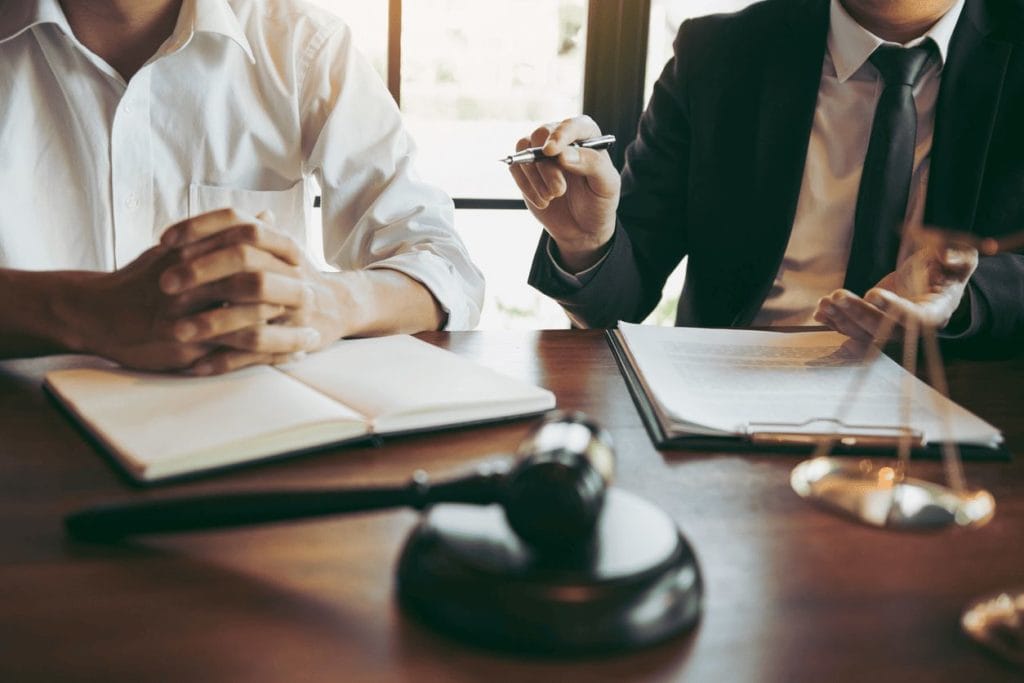
Consult a Seasoned Slip and Fall Attorney at BLG
Swimming pool slip-and-fall accidents can have devastating consequences, but victims have rights. By understanding liability, premises liability laws, and the legal recourse available, you can take proactive steps to protect your rights and seek the compensation you deserve. If you’ve been injured in a swimming pool slip-and-fall accident, don’t hesitate to reach out to a trusted legal team for a free consultation, guidance and support. Your path to justice starts with taking action today.
If you or a loved one has been injured in a swimming pool slip-and-fall accident, don’t wait to seek the legal guidance you deserve. Our experienced attorneys at BLG are here to help you understand your rights, navigate the complexities of premises liability laws, and pursue the compensation you’re entitled to.
Contact us today for a free consultation.
